 In recent years, the Korean regulatory environment has become increasingly aimed at attracting foreign investors and developers to invest into Korea and boost Korea’s tourism industry. Currently eight areas outside of Seoul have been designated as free economic zones which have been designated by the government to encourage foreign investment by implementing deregulation to increase enterprise activities and provide investment incentives. The Korean government provides a variety of tax benefits for foreign firms who wish to invest and develop these free economic zones in addition to relaxed regulatory measures. Such legal reforms and proactive tourism policies have spurred interest from foreign investors and developers looking to profit from other investment incentives which may be available to them in free economic zones. Recent activities show that legal practice regarding casino-resort development will become a growing area of practice in Korea and Asia as foreign multi-nationals and institutional investors continuously invest into such development projects. Prohibition on gambling and casino operations Legal Incentives for Foreign Investors Recently, the Korean government has allowed foreign gaming and hotel companies to bid for development projects and casino licenses via an open bidding process. In March 2014, the Korean government approved its first foreign casino operator by granted a preliminary casino license to LOCZ Korea, a joint venture between Las-Vegas based Caesars Entertainment Corp. and Hong Kong developer Lippo Ltd for a project to build a casino resort on Yeongjongdo Island which is part of the Incheon Free Economic Zone. The LOCZ project has been valued to be worth as much as US$2.2 billion, with LOCZ announcing that it plans to spend as much as US$730 million before 2018. Most foreign investors have set up operations in Korea in the form of joint ventures. Other than LOCZ Korea, joint ventures include those between Genting Singapore PLC. and Landing International Development Ltd. for a development project in Jeju reported to be worth over US$2 billion and Sega Sammy Holdings Inc. and Paradise Co. for a casino-hotel in Incheon worth over US$1.7 billion. Pursuant to the Tourism Promotion Act, when a casino operation license becomes available, an announcement will be made by the Ministry of Culture, Sports and Tourism. Foreign companies looking to apply for a license will then submit their application in response to such an announcement along with supporting materials such as: Furthermore, a foreign investor must commit a minimum amount of US$500 million into the proposed development project in order to qualify for a casino operator license. Ministry officials will take into account certain factors such as the financial stability of the applicant, the amount of employment and business generated by the development project and the number of tourists the proposed development project will attract to Korea. In certain territories, applicants may be subject to a pre-screening process. Additionally, even after the applicable licenses and permits are granted for a casino-resort development project, any violations of Korean law may be subject to a criminal fine or imprisonment. Considering the large amount of resources and time which are involved in developing these casino resorts, it remains to be seen what sort of regulatory measures or incentives may be additionally given by the government with respect issues such as construction, labor, foreign exchange, tax, zoning, immigration and other matters which will appear within the next few years. |
Lee International IP & Law Group
Poongsan Bldg. 23, Chungjeongro
Seodaemun-gu, Seoul 120-013, Korea
Tel: 82 2 2279 3631
Fax: 82 2 2273 4605
Email: christine@leeinternational.com
wjyang@leeinternational.com
Website: www.leeinternational.com



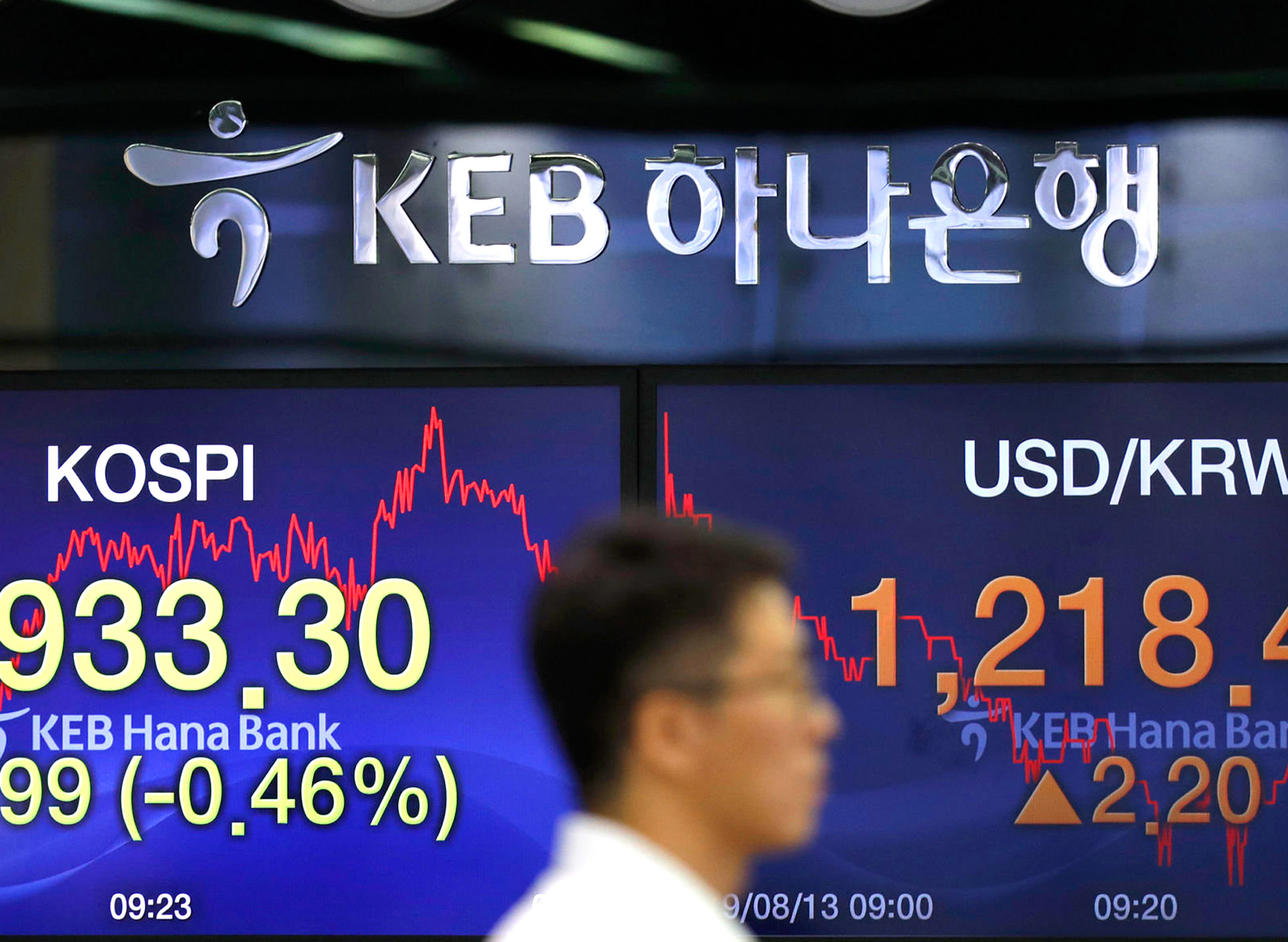




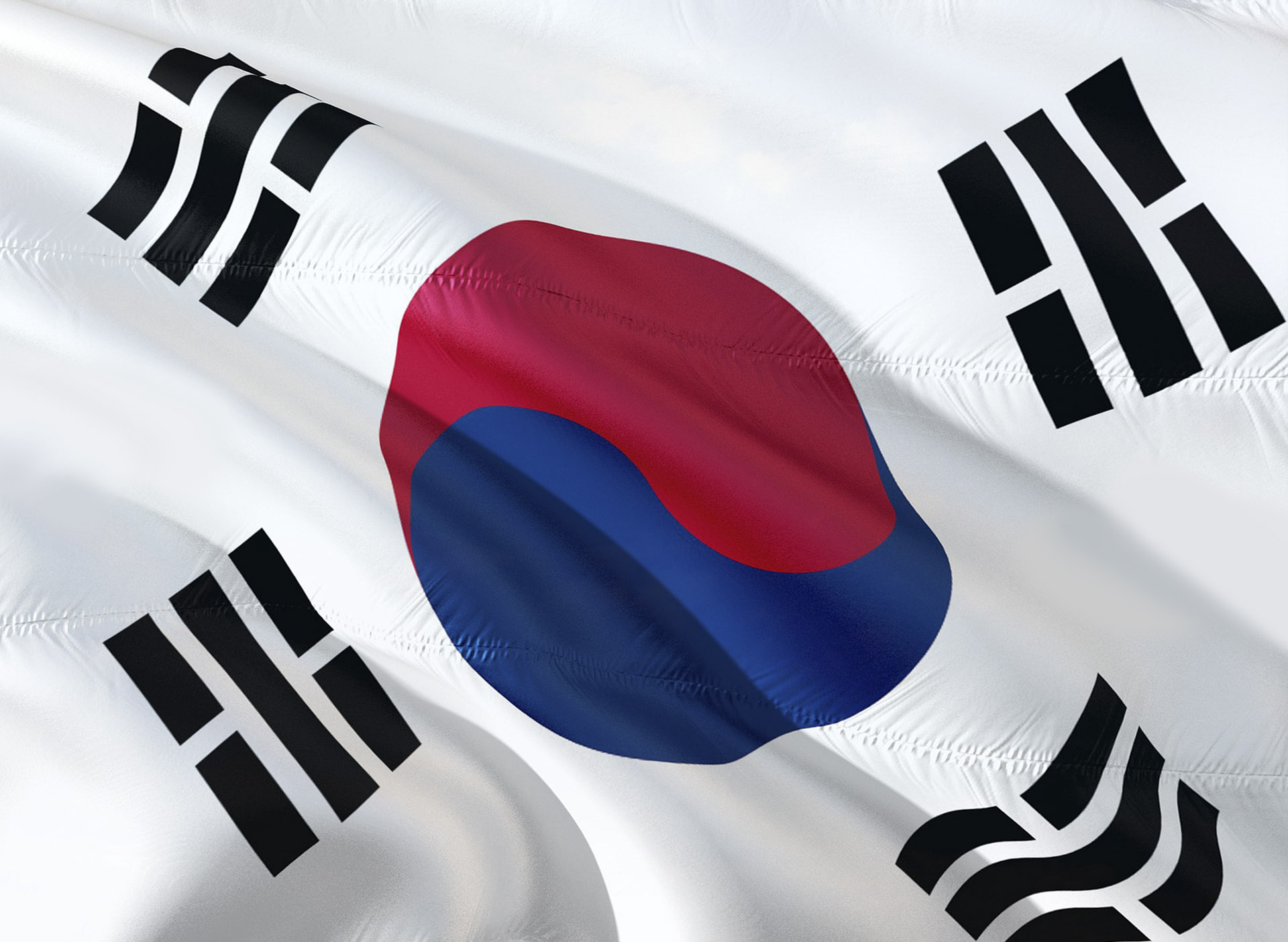


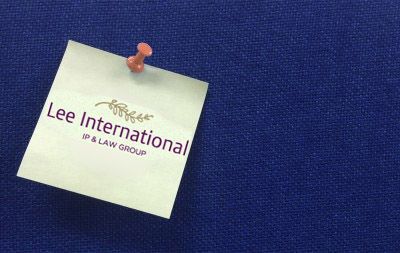
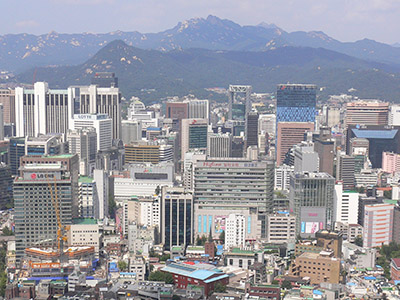
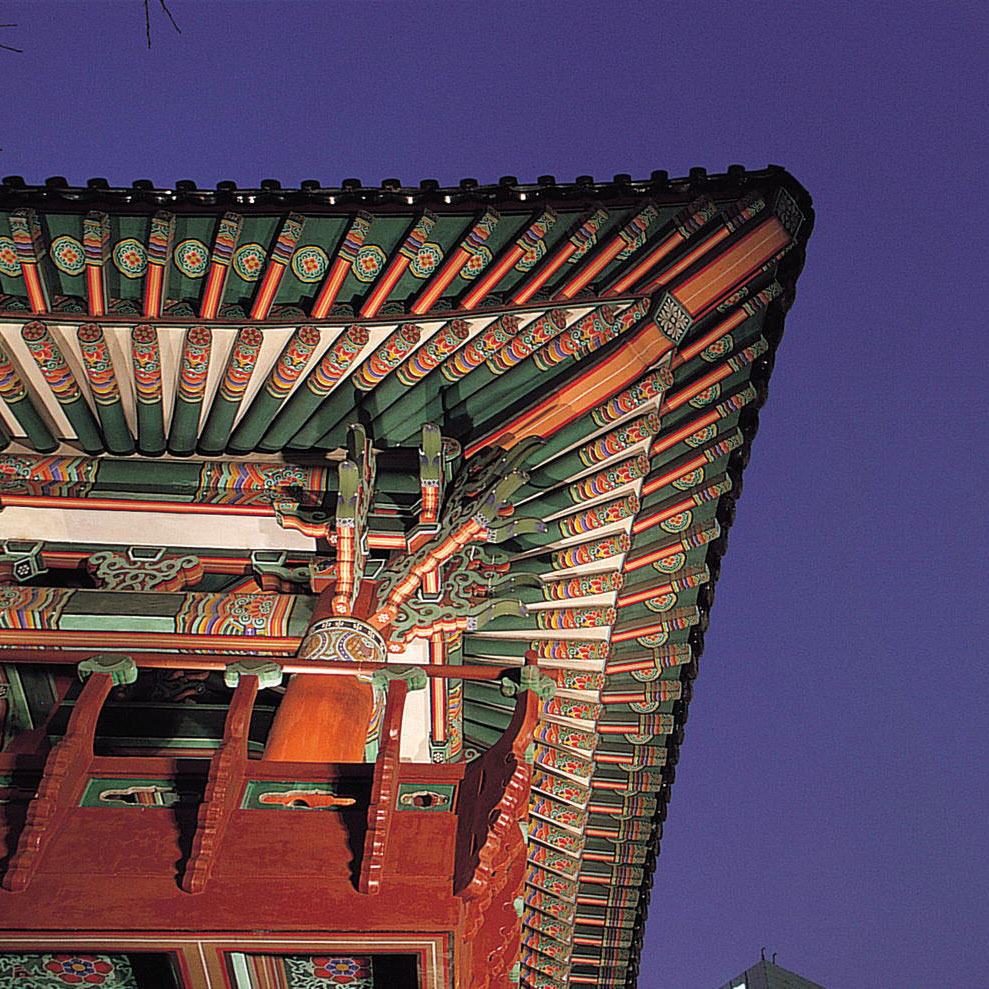

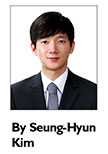





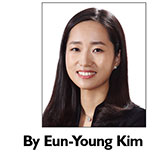

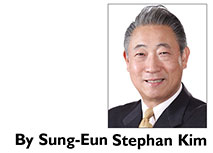

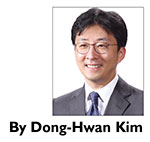
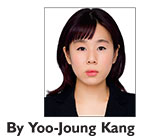
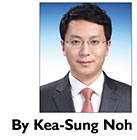
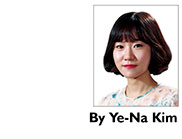
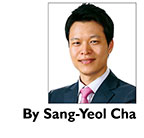


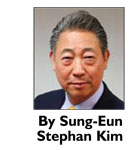
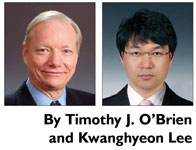

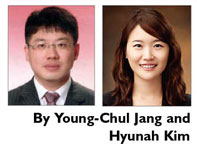
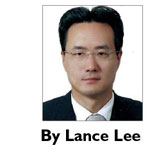



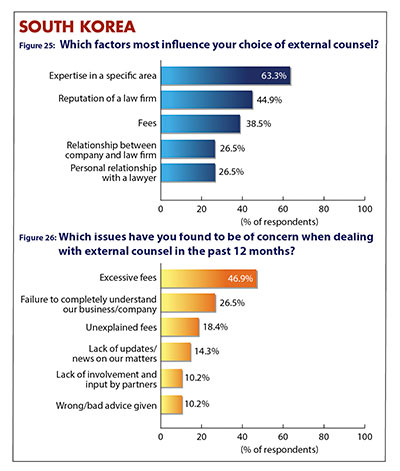

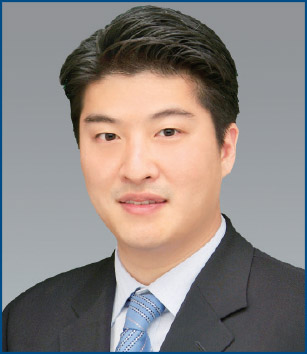 Nicholas H. Park
Nicholas H. Park







